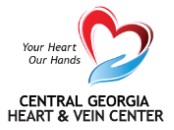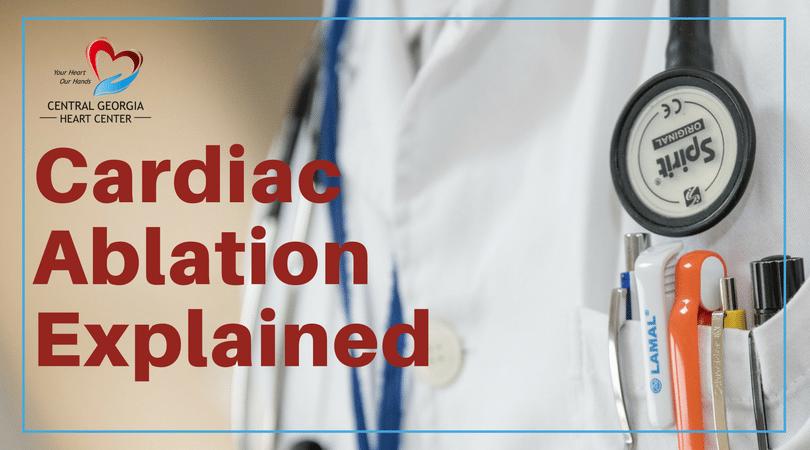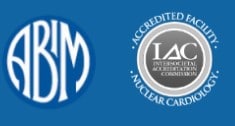Cardiac ablation is a fairly non-invasive procedure intended to correct heart beats. Many patients with an arrhythmia or AFib will undergo an ablation to return them to a normal rhythm. Cardiac ablation can be performed surgically or through a catheter. It works by removing or freezing damaged muscle. This prevents it from causing damage to your heart. Arrhythmia and AFib can cause bleeding, stroke, and heart attack. Which means, it is very important to use this preventative measure before your condition worsens. The Central Georgia Heart Center’s electrophysiology department offers two type of ablations. We perform Cryo Ablation and Radio-frequency ablation.
Cryo Ablation
The cardiac ablation known as Cryo is used to restore normal electrical function. This is done by freezing damaged tissue that hurts your heart’s electrical pathways. This procedure can be performed surgically or through a catheter.
The catheter is a small tube placed inside a leg vein that leads back tot he heart. It then places energy or “freezing” to treat an atypical heart beat. Alternatively, surgery is performed by using a flexible probe directly onto the heart. Both types use cryo ablation to freeze the affected area with sub zero temperatures. This shuts down the tissue responsible for causing the heart problem.
Radiofrequency Ablation
This cardiac ablation uses low voltage heat to target damaged tissue. Radiofrequency ablation is a common procedure for arrhythmias that cause fast heartbeats. When successful, it works as a cure to an arrhythmia. Similarly to Cryo Ablation, a catheter or surgery may be used.
What to expect with a Cardiac Ablation?
The procedure is fairly straight forward. The night before, patients are advised not to eat or drink until after the procedure. Then a sedative is administered so that patients are not aware of the catheter being placed in the body. From there, it is threaded to the heart. Heat or Freezing are applied. After, the cardiologist will try to stimulate the arrhythmia to make sure it has worked. If there is no arrhythmia, it is a success. Typically this procedure lasts a minimum of two hours.
Post op care is dependent upon each patient. Some stay overnight in the hospital while others may go home. You may be monitored for blood clots and have multiple post-op check ups.
Before any medical procedure, please speak with your cardiologist about possible complications as each patient may react differently.





